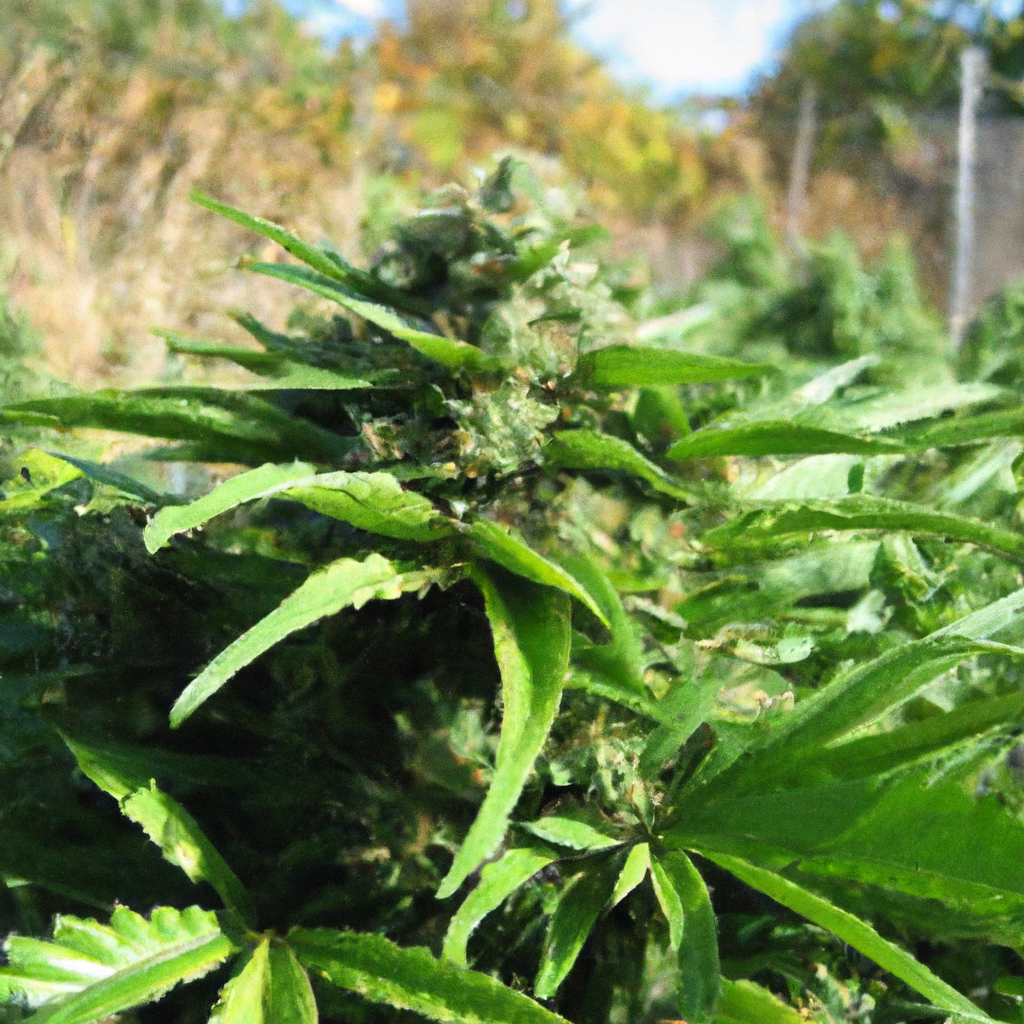Your cart is currently empty!
Organic cannabis cultivation not only preserves the environment but also results in a richer and more authentic product for consumers. This article outlines some of the best practices for growing cannabis organically, focusing on natural fertilizers, sustainable growing techniques, and pest management solutions.
Building a Healthy Soil Ecosystem
The foundation of any successful organic cannabis cultivation lies in the soil. By fostering a rich soil ecosystem, you ensure plant health and increase resilience to diseases. Here’s how you can boost your soil’s nutrient profile:
- Composting: Incorporate organic matter such as kitchen scraps and yard waste into your compost pile to enrich the soil.
- Cover Crops: Plant legumes or other nitrogen-fixing plants during off-seasons to naturally enhance soil fertility.
- Mulching: Use organic mulches like straw or wood chips to retain soil moisture and reduce weed growth.
Natural Fertilizers
Steer clear of synthetic fertilizers and instead opt for natural alternatives that promote plant health without harming the environment:
- Neem Cake: This natural fertilizer also acts as a pest repellent and improves soil texture.
- Bone Meal: Provides essential phosphorus, which is critical for root development.
- Fish Emulsion: Rich in nitrogen, it’s ideal for the vegetative growth phase.
Sustainable Pest Control
Managing pests organically involves strategies that prevent infestations and minimize harm without the use of harsh chemicals:
- Companion Planting: Grow plant species such as marigolds or basil near your cannabis to deter pests.
- Beneficial Insects: Introduce ladybugs and predatory mites to control aphid and mite populations.
- Natural Sprays: Utilize neem oil or garlic spray for effective organic pest management.
The Benefits of Organic Cannabis
Organic cannabis offers several advantages to both consumers and the environment:
- Healthier Product: Free from synthetic chemicals, organic cannabis maintains natural cannabinoid and terpene profiles.
- Environmental Preservation: Organic methods reduce the ecological footprint and promote biodiversity.
- Sustainable Practices: Techniques like composting and cover cropping support long-term fertility and soil health.


Leave a Reply